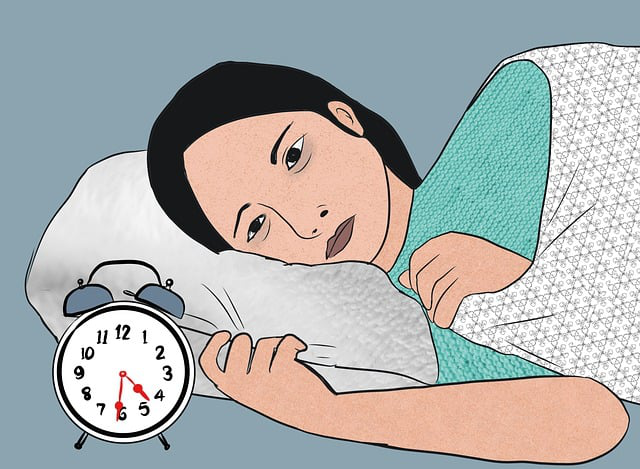Sleepless Nights and Grumpy Mornings? How Hormone Imbalance Can Affect Your Sleep

Are you constantly tossing and turning at night, only to wake up feeling groggy and irritable? You’re not alone. Sleep disturbances are incredibly common, affecting millions of people worldwide. While stress, diet, and lifestyle habits play significant roles in sleep quality, another factor often overlooked is hormone imbalance.
Understanding the intricate connection between hormonal shifts and sleep patterns is crucial for addressing sleep disturbances effectively. Let’s get straight into how hormone imbalance affects sleep and explore strategies to promote better sleep quality.
The Hormonal Rollercoaster: How Hormone Imbalance Affects Sleep
Hormones act as messengers in the body, regulating various physiological processes, including sleep. When hormone levels are out of balance, it can disrupt the body’s natural sleep-wake cycle. One of the main hormones involved in sleep regulation is melatonin. Produced by the pineal gland, melatonin helps signal to your body that it’s time to sleep. However, hormonal imbalances, such as fluctuations in estrogen, progesterone, or testosterone, can interfere with melatonin production, leading to sleep disturbances.
The Impact of Stress Hormones
Chronic stress can also contribute to hormone imbalance and disrupt sleep. When you’re stressed, your body releases cortisol, often referred to as the “stress hormone.” Elevated cortisol levels can interfere with melatonin production and disrupt your sleep-wake cycle, making it challenging to fall asleep or stay asleep throughout the night.
Hormonal Imbalance and Sleep Disorders
Hormonal imbalances can contribute to various sleep disorders, including insomnia, sleep apnea, and restless leg syndrome. For example, women going through menopause often experience disruptions in sleep due to fluctuating estrogen and progesterone levels. Similarly, conditions such as thyroid disorders and adrenal fatigue can impact hormone levels and disrupt sleep patterns.

Strategies for Better Sleep
Addressing hormone imbalance is key to improving sleep quality. Working with a healthcare provider who specializes in hormone optimization can help identify any underlying imbalances and develop a personalized treatment plan. This may include hormone replacement therapy, lifestyle modifications, and targeted supplementation to restore hormonal balance and promote better sleep.
In addition to addressing hormone imbalance, adopting healthy sleep habits can also improve sleep quality. These include establishing a regular sleep schedule, creating a relaxing bedtime routine, and optimizing your sleep environment can all contribute to better sleep.
How Can We Help?
Sleep is essential for overall health and well-being, and hormone imbalance can significantly impact sleep quality. By addressing underlying hormonal imbalances and adopting healthy sleep habits, you can improve your sleep and wake up feeling refreshed and rejuvenated.
If you’re struggling with sleep disturbances, consider scheduling an appointment with RYZE for hormone optimization services in Florida for women and men and take the first step towards better sleep.


